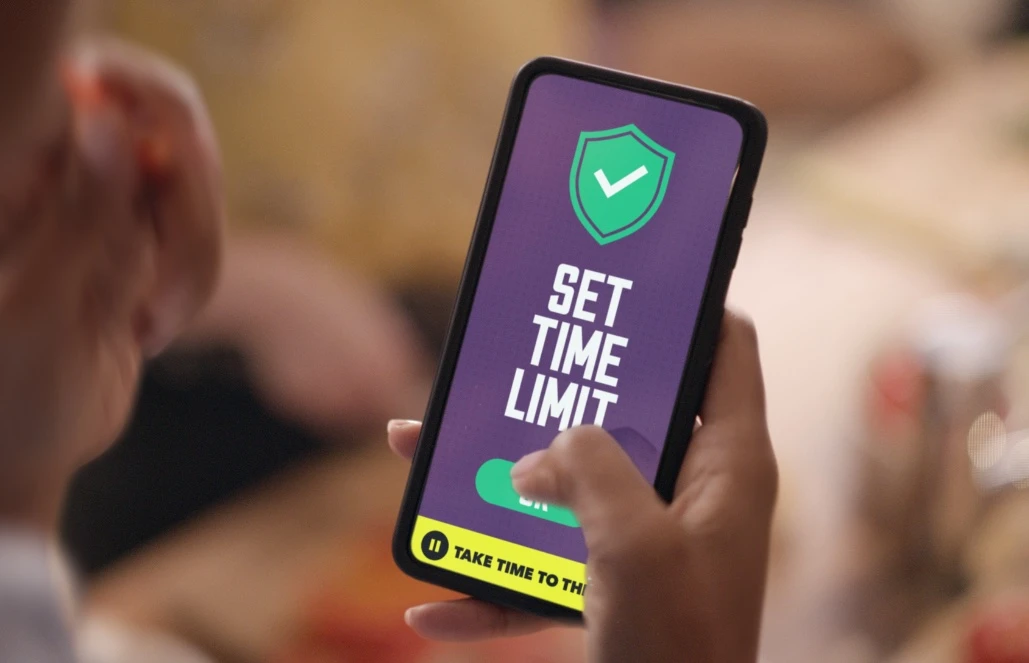GambleAware urges more “compelling” health warnings for gambling

Commissioned by GambleAware, the research considers the impact of the ‘Take Time To Think” (TTTT) campaign. Many UK operators currently use the slogan to encourage responsible gambling.
However, looking at the responses of over 7,000 people, there are doubts over the effectiveness of the slogan. Stand-out concerns include TTTT failing to raise awareness of gambling harm risk or signpost where people can access support.
As such, researchers recommend replacing current industry marketing messages with three new health warnings. Based on feedback, these will be clearer, more impactful and more memorable to the public and people who gamble.
What responsible gambling messaging can we expect?
To support messaging moving forward, the report put forward several suggestions over a new strapline. These include “Gambling can be addictive”, with 46% of respondents saying this would have greater impact than TTTT. That said, 35% backed the current messaging.
Another proposed option was for the tagline “Gambling comes at a cost”, drawing 22% of support compared to 12% for TTTT. “Gambling can grip anyone” also performed well across metrics according to researchers.
As for other key findings, the report says including a clear and separate GambleAware health warning at the end of a 30-second gambling advert is more than twice as effective as TTTT at showing people where to get support. Some 72% of respondents agreed, compared to 30% that did not.
GambleAware says this analysis will form the basis of new guidelines to provide operators with steering and recommendations on how to promote safer gambling and prevent harm. The report adds that this will likely be supported by further research into the issue.
Concerns over misuse of GambleAware logo
Responding to the findings, chief communications officer at GambleAware Alexia Clifford is concerned over the research. In particular she highlighted how some operators are misusing the logo and failing to properly support customers.
“Gambling harms are a serious public health issue,” Clifford said. “It is vital that people are aware of the risks associated. Today’s landmark study underscores the need to replace the industry-led slogan Take Time To Think with more compelling health warnings.
“We’re also concerned about operators’ misuse of the GambleAware logo and the lack of clear signposting to support channels. We urge industry to take heed of the growing body of evidence highlighting the need for better safeguards and restrictions.”
GambleAware funded the research, but the report research was carried out independently. Dr Raffaello Rossi, a lecturer in marketing at Bristol University, co-authored the study.
“In the absence of strict gambling marketing restrictions, it is absolutely vital that we see warnings on gambling advertising that highlight the addictive nature of gambling, paired with clear, unambiguous signposting for people to access support if needed,” Rossi said.
“We need to see better regulation of gambling operators who are widely bombarding us with their ads.”
